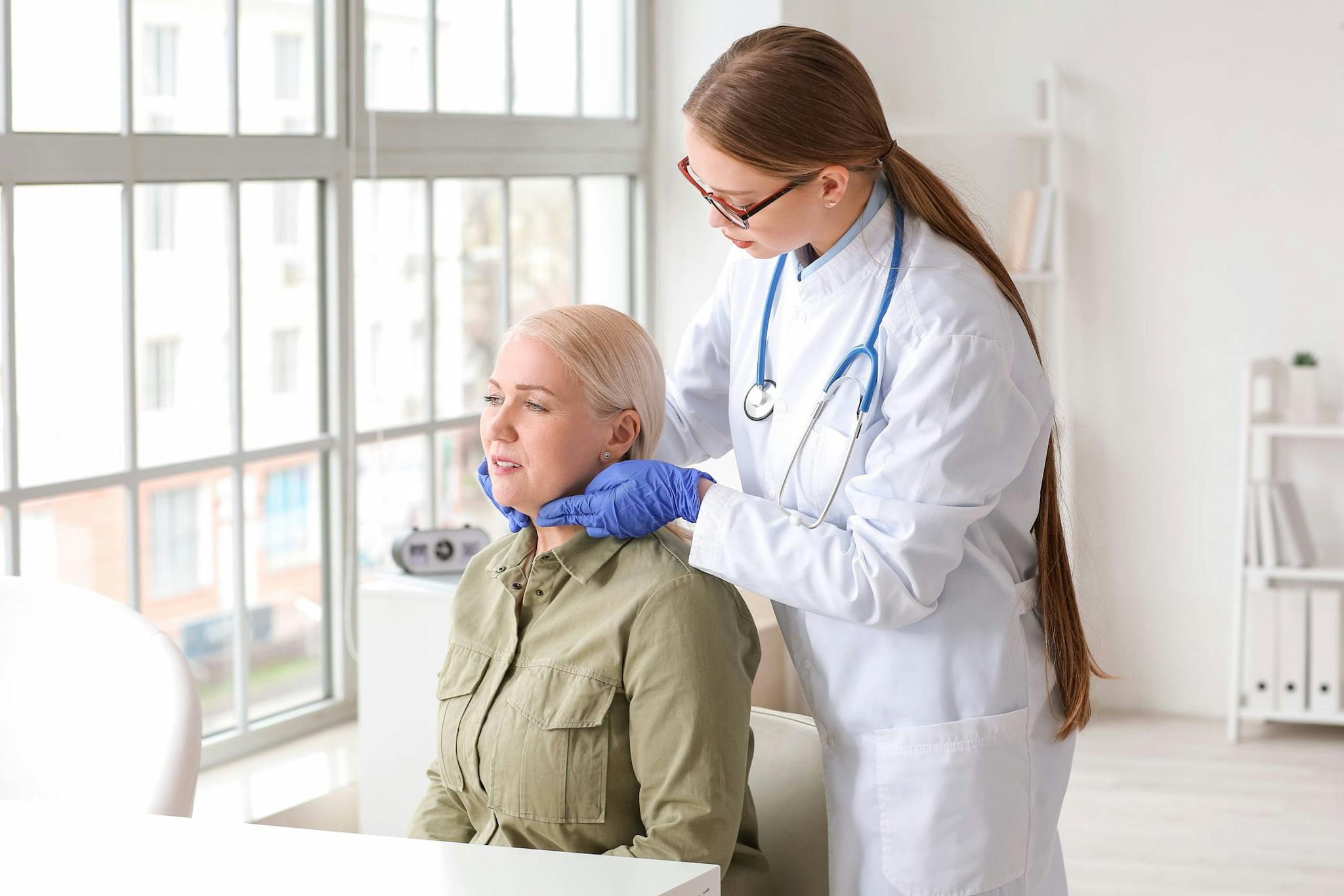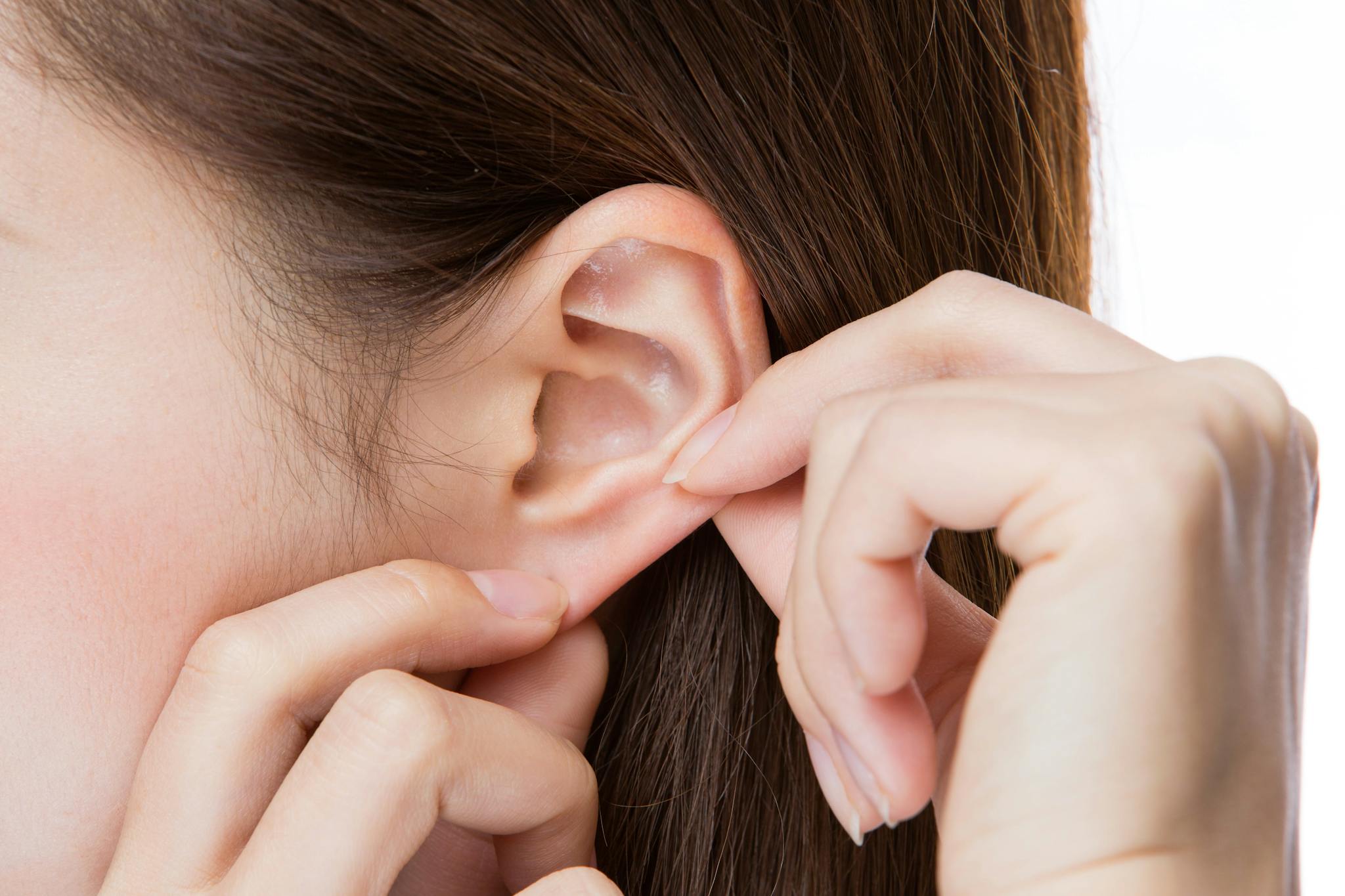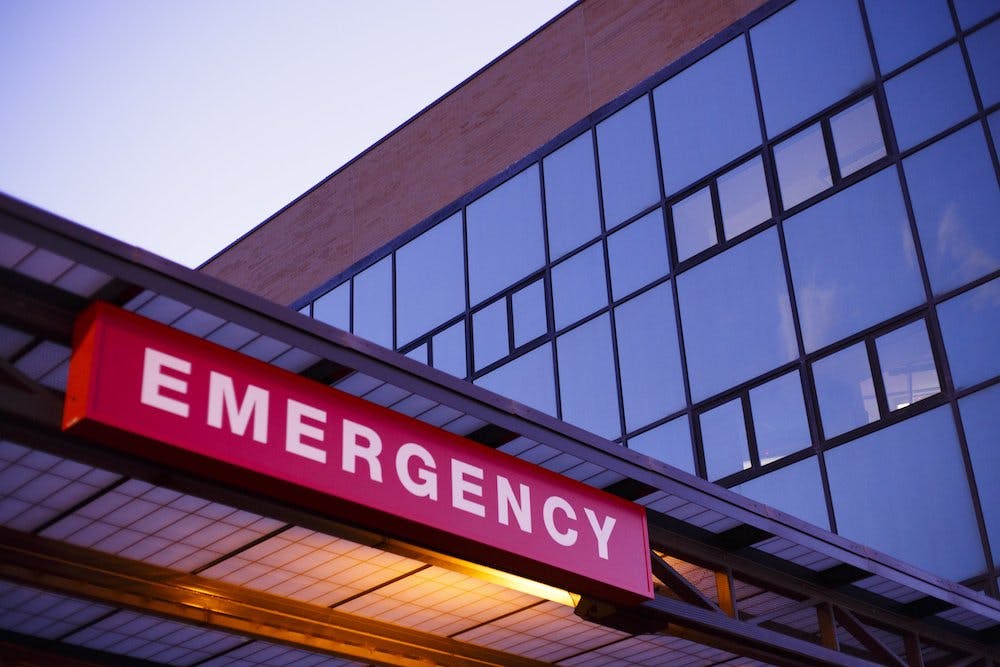
2023-04-06T14:20:05
What you need to know about Oral, Head, and Neck Cancer
- Ear, Nose, Throat
- Medical Oncology
July 19, 2016 | Ear, Nose, Throat
Specialties:ENT (Ear, Nose and Throat)

Are you thinking about getting your ears pierced? You are not alone. According to Statistic Brain, 83 percent of people in the United States have had their earlobes pierced.
Piercings are beneficial in some ways. They can enhance a person’s self-image, for example. Many people believe piercings provide a spiritual benefit. Others simply feel better about themselves when they wear jewelry.
There is a downside to piercings, however. While ear piercings are generally safe, complications can occur. You can take steps to reduce your risk for complications and your doctor can treat any complications that may arise.
One of the most important things you can do to ensure good results is to insist on the highest standards of safety when you have your ears pierced. Do not try to pierce your own ears or trust an unqualified friend – choose a reputable location with trained professionals. Make sure the person piercing your ears washes his or her hands, wears fresh gloves and uses proper, sterile equipment.
Reduce your risk for skin irritation by choosing earrings with posts made from surgical steel or metal like titanium. Avoid posts made from gold, as even high quality gold may contain nickel that could irritate your skin.
You can reduce your risk for complications by taking good care of your piercings. Keep your piercing dry, as moisture creates a rich environment for the growth of bacteria and other harmful microbes. Water can also contain harmful additives, compounds and natural elements that can negatively affect the way your piercings heal. Avoid swimming in pools, ponds, hot tubs, rivers or lakes while your piercings heal.
Wash your hands thoroughly with warm soapy water before touching your piercing. Clean your phone regularly and change to a fresh pillowcase every other day. Avoid smoking while your piercings heal, as smoking can slow the healing process.
Keep your piercing immobile; there is no need to turn your piercing. Restricting movement reduces irritation so you will have less scarring, feel less discomfort and heal faster after you get your ears pierced.
Infection is one of the most common complications of ear piercing. It is more common in “high” piercings of the cartilage in the upper ear than in ear lobe piercings. In one study following more than 450 nurses who pierced their ears, infections occurred in 30 percent of high piercings and in 20 percent of earlobe piercings.
Signs of an infected ear piercing include:
Tenderness at the piercing site
Swelling around the piercing site that lasts for more than 48 hours
Redness
Bleeding
Yellow puss
Other complications can also occur. The presence of an earring may irritate your skin to cause allergic contact dermatitis. A thick scar made of cartilage, known as a keloid, may develop at the piercing site. The skin around the piercing can tear or rip, especially if the earring catches on a piece of clothing.
Left untreated or poorly treated, these infections can lead to serious complications, such as abscesses and inflammation of the connective tissue in your ear, or even the death of tissue in your ear. Treatment depends on the complication affecting your ear, and professional medical treatment may be required. A doctor might prescribe antibiotics to treat an infection or perform a procedure to repair keloids or traumatic tears.
WRITTEN BY:
The Live Better Team

2023-04-06T14:20:05

2019-04-02T10:47:01

2018-03-14T14:58:17

2018-01-10T09:30:55
This information is not intended to replace the advice of a medical professional. You should always consult your doctor before making decisions about your health.